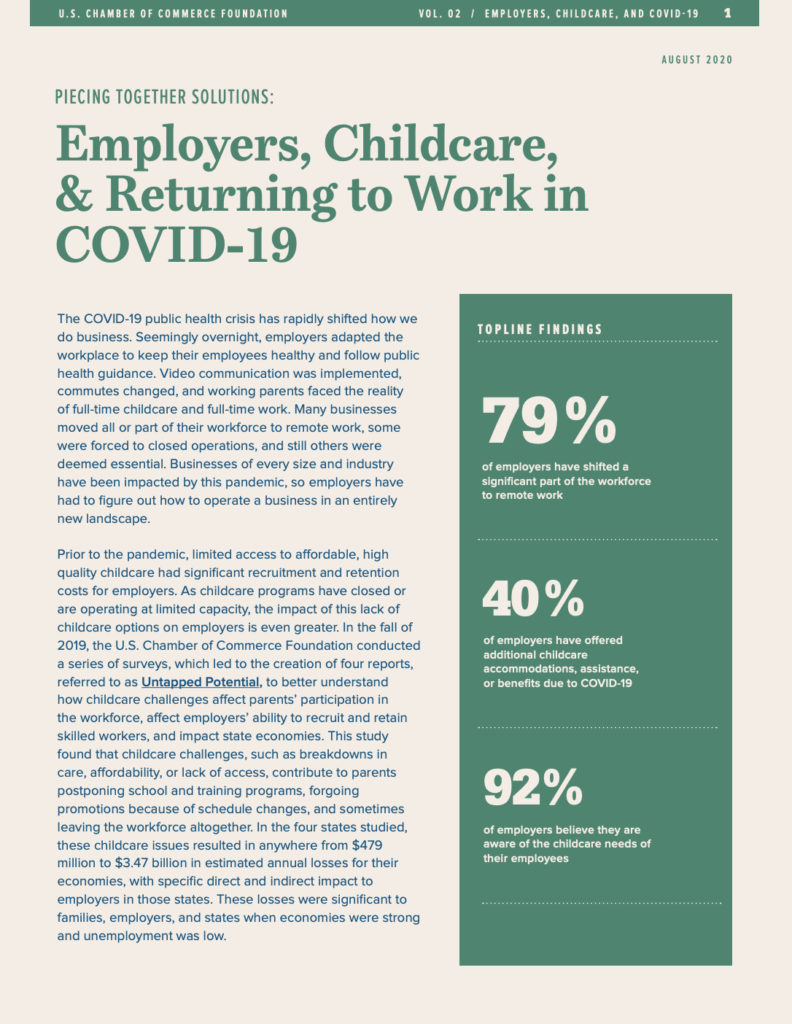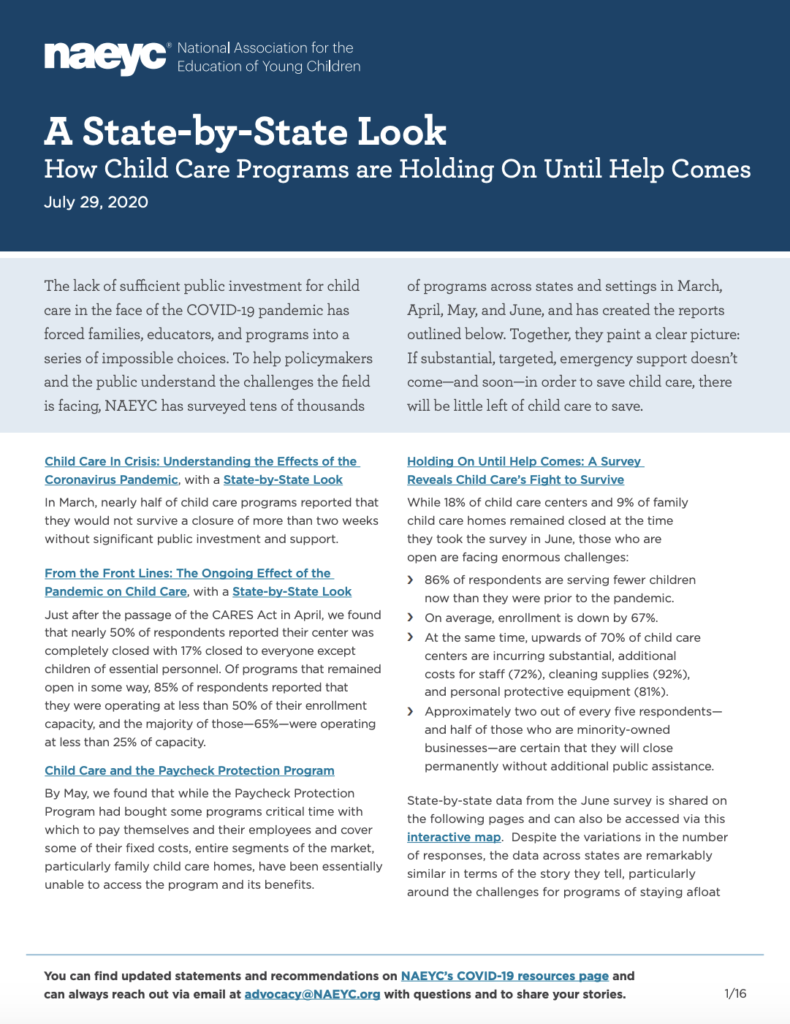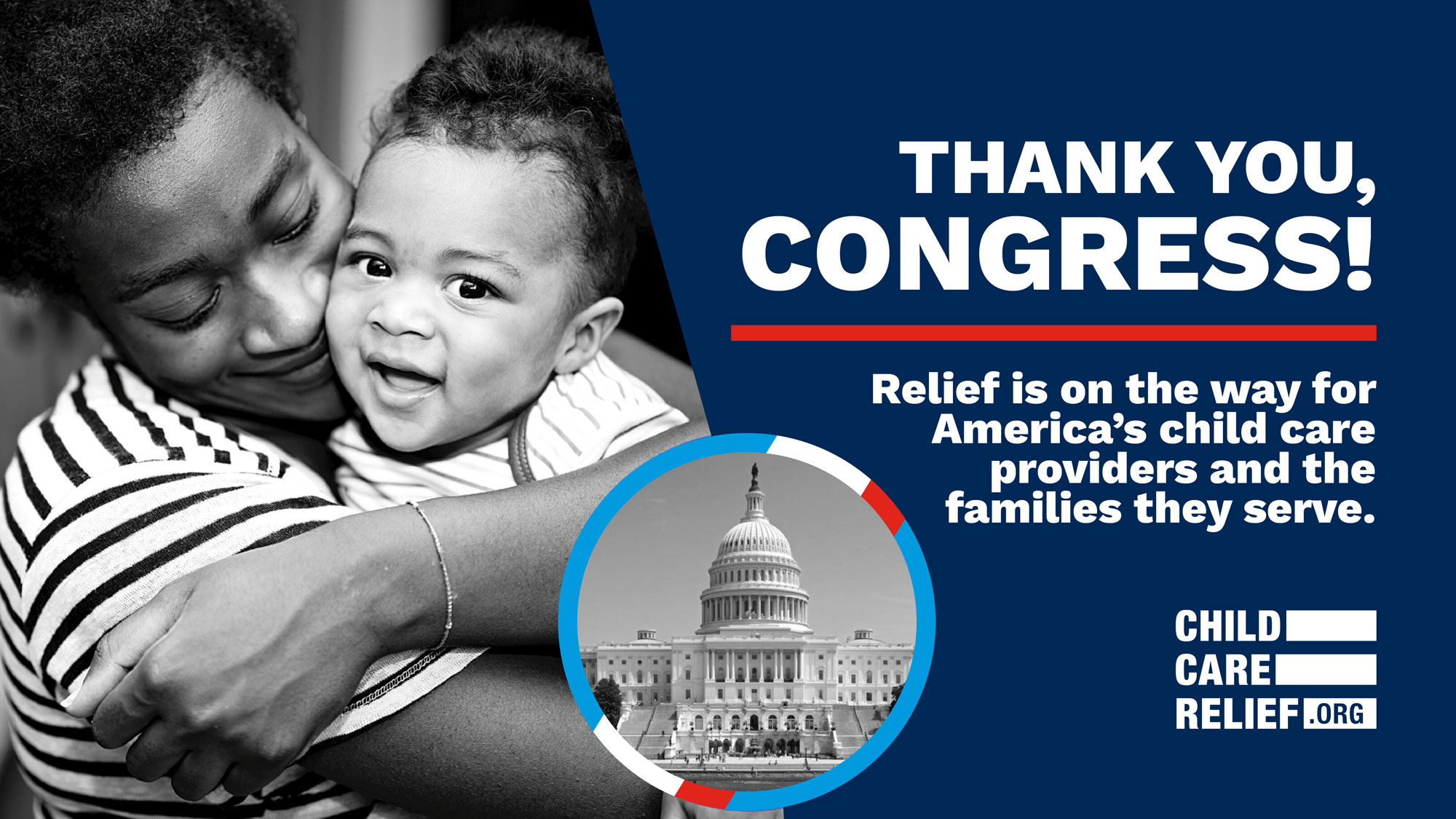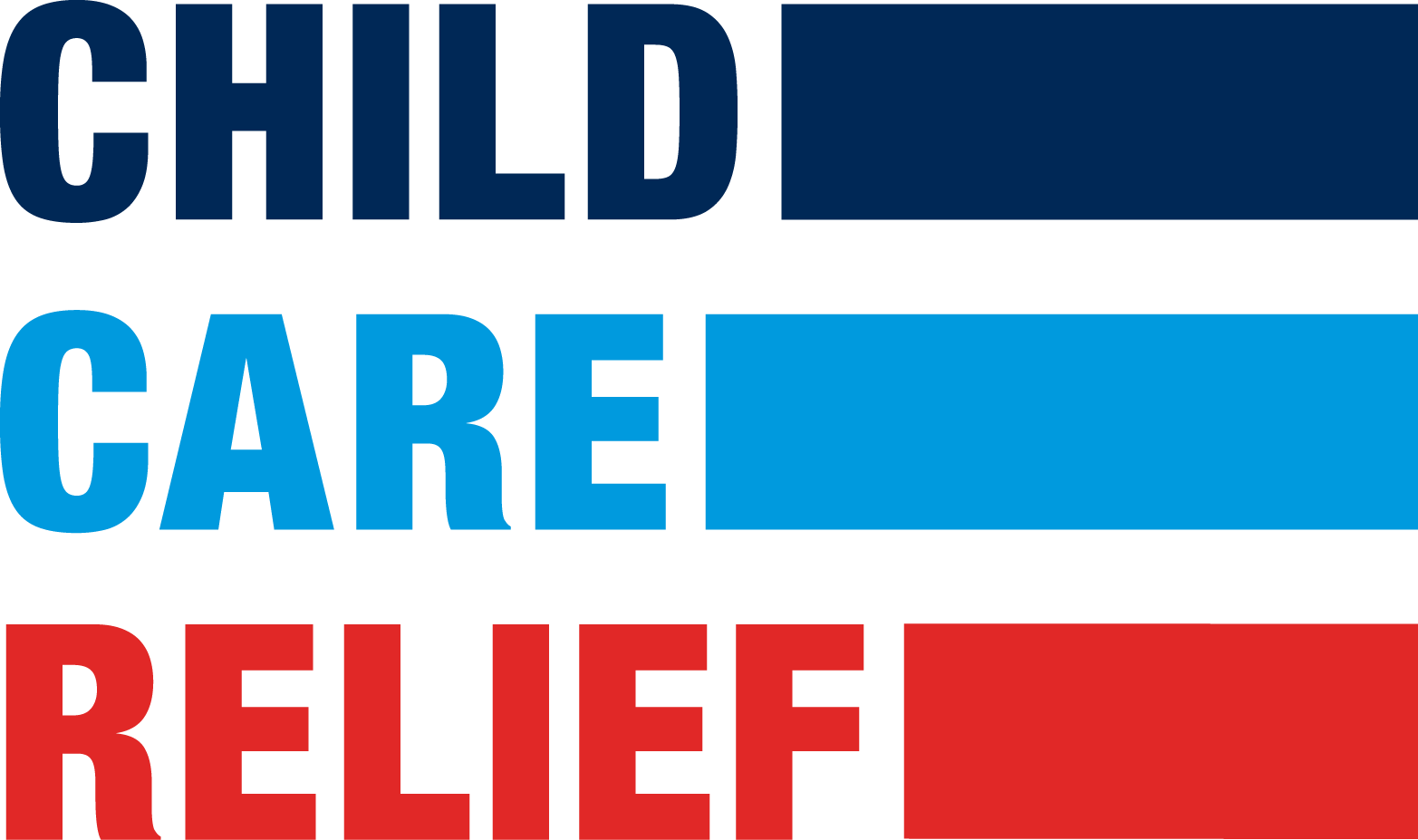
NEW ANALYSIS: Lack of Child Care Impacting Millennial Women Most
A new Center for American Progress analysis of Census Bureau data reveals a growing crisis that will devastate working women as our nation recovers from the COVID-19 pandemic. According to the research released this week, Millennial mothers, who make up the majority of the paid labor force in America, are nearly three times more likely than Millennial fathers to report being unable to work due to COVID-19 related school or child care closures. This not only causes personal financial challenges for women and families, but also has widespread consequences for our nation’s long-term economic recovery.
At the outset of the COVID-19 pandemic, Millennial parents struggled to balance working from home while caring for and educating their children at the start of the COVID-19 outbreak, while millions of others were forced to reduce their hours at work and reduce their expenses. Child care providers were forced to close for an indeterminate amount of time, leaving essential workers — who are disproportionately women of color — to struggle to find safe, available child care for their children.
According to the data collected by the U.S. Census Bureau’s Household Pulse Survey, beginning in April, the number of parents citing child care closures as the main reason for being unable to return to work began increasing to a peak of 38 percent for Millennial mothers in late June and early July, before slightly declining. More than one- third of nonworking Millennial mothers reported “caring for children not in school or [child] care” as their main reason for not working. Millennial fathers on the other hand were nearly three times less likely to choose the lack of child care as their main reason for not working. It is clear that child care responsibilities and the lack of child care availability in America during and after this pandemic are having a negative impact on Millennial mothers’ participation in the labor force, with compounding effects as the pandemic continues.
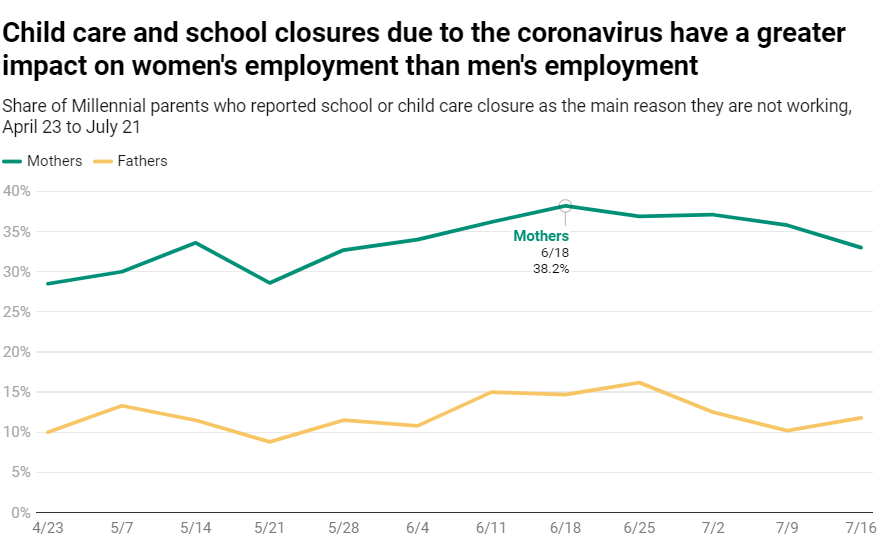
Research shows that leaving the workforce for even a couple of years impacts a woman’s lifetime earnings, and the growing child care crisis caused by COVID-19 will only exacerbate the gender earnings gap for years to come if we allow the child care industry to collapse. Without a significant investment in child care providers, an estimated 4.5 million licensed child care slots will be permanently lost and working parents will be left with few options as they return to work. Without child care, our economic recovery will be incomplete and working parents — especially mothers — may never fully recover.
Read the full report from the Center for American Progress here.



